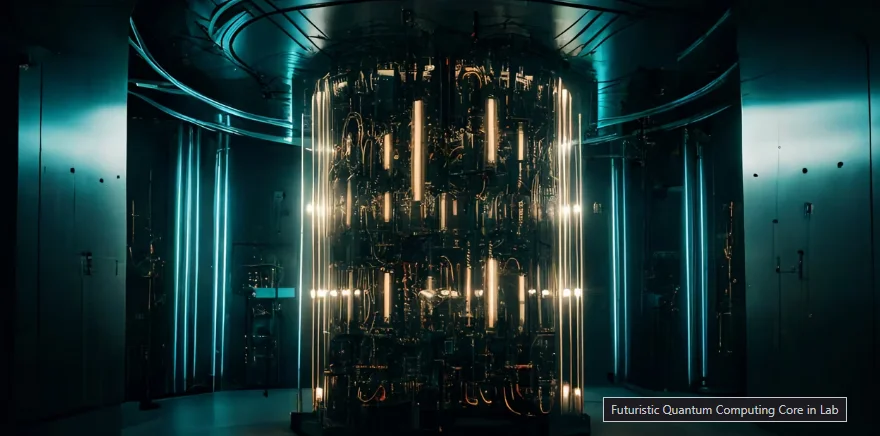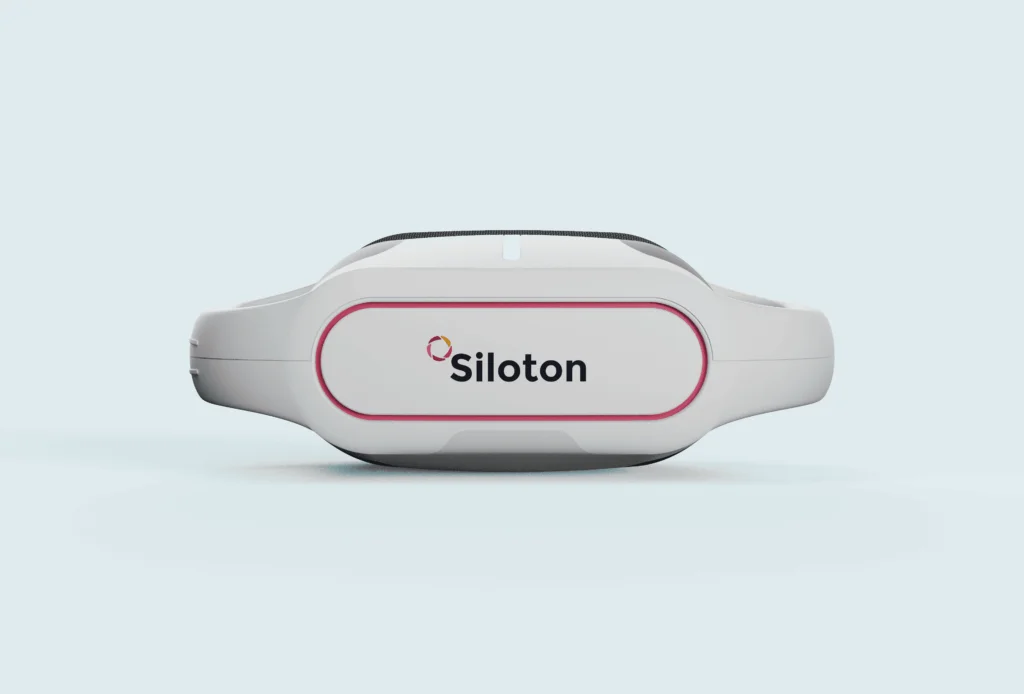Cash Injection
It’s been announced that the US Department of Energy has promised $60.7 million in the research and development of quantum computers and the connected technology.
The total amount, which will be split into two funding branches, one of $47 million and the second of 13.7 million, respectively.
The $47 million will be initiated for three five-year projects. This money will help speed up the progress already made within the QC sector. The main focus of the funding will be to develop the software applications, namely QC algorithms, not to mention build on the already evolving area of software in debugging, specialized programming languages and compilers.

The $13.7 million second part of the funding will cover the financial needs of five four-year projects focussed on improving upon, and extending, the range of quantum computing’s communications systems by utilizing fiber-optic connections. At the moment the range of such technology is severely lacking so it is hoped, by using quantum repeaters — which are devices able to increase the range of quantum architectural systems between two given nodes — that communication in the sphere will improve exponentially.
Successful projects were chosen for funding through competitive peer review overseen by the Office of Advanced Scientific Computing Research.
So far it has been announced the funding is contingent on congressional appropriations, though for this year $15 million will be available for both projects.
Paul Dabber, Under Secretary of Science, had this to say about it:
‘We are on the threshold of a new era in Quantum Information Science and quantum computing and networking, with potentially great promise for science and society. These projects will help ensure U.S. leadership in these important new areas of science and technology.’
Outside Threats
With China’s QC program moving forward at a rapid pace, it is great news for those involved in the space in the United States.

The projects themselves, which will all be undertaken through the cooperation of ten universities, nine Department of Energy laboratories and a single non-profit organization, hope to make inroads into the research already being done by countless research universities, as well as the big corporate players like Microsoft and Intel and dozens of startups in the industry.
‘This next great technological revolution has far-reaching implications for job creation, economic growth and national security. We look forward to building upon efforts to support the quantum-smart workforce of the future and engage with government, academic and private-sector leaders to advance QIS.’
— Michael Kratsios, deputy assistant to the president for technology policy
Although the money pales in significance to what the Chinese government has pledged to its new national lab for quantum research in Anhui province, amounting to a hefty $400 million, it sends out a positive signal that the Trump administration intends to lead the way in quantum computer technology. Already we have seen proof of this in December 2018 when the President signed the National Quantum Initiative Act, which promises $1.2 billion over five years to improve quantum computer science, that Trump means business.
















